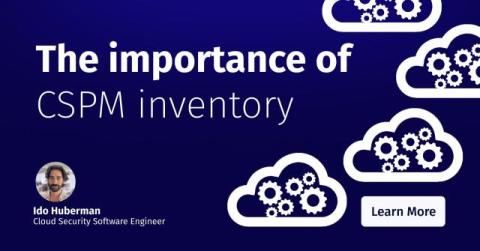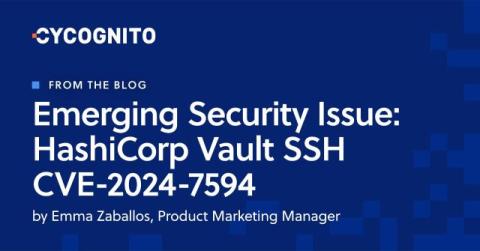The importance of CSPM inventory
Almost all organizations either rely on cloud computing or are planning to adopt cloud computing technologies soon to ensure their businesses remain competitive and gain an edge over the competition. As businesses increasingly rely on cloud services to manage their operations, the complexity of these environments continues to grow, introducing new challenges in maintaining security and compliance. This is where Cloud Security Posture Management (CSPM) comes into the picture.











